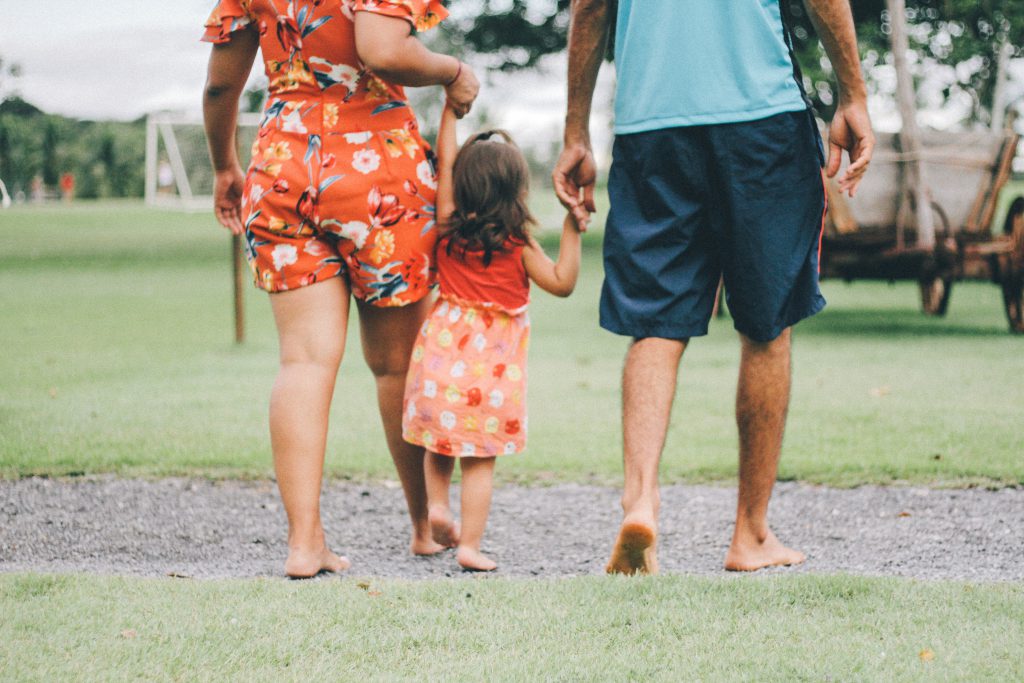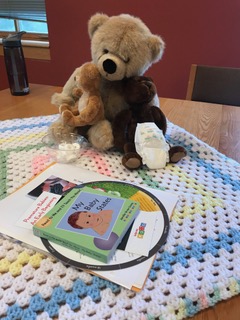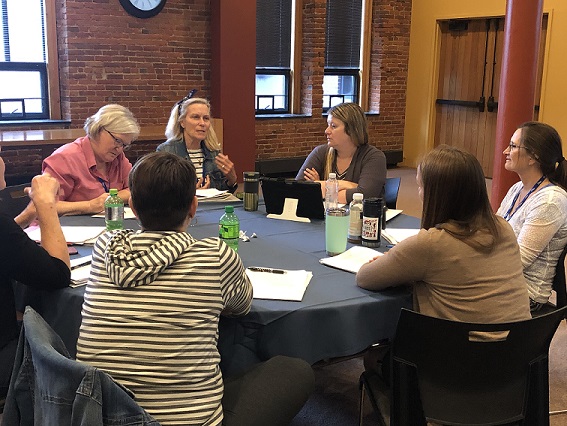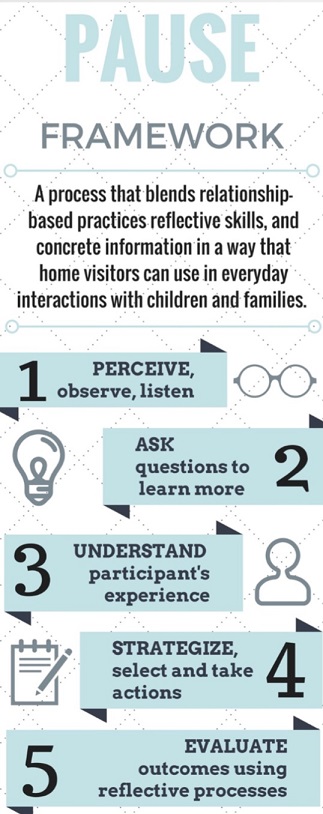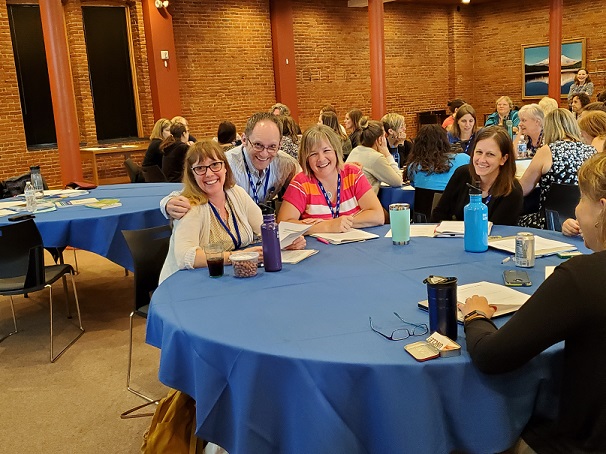Routines-based Intervention with a Cultural Lens
We’re sharing more information from the 2019 Minnesota Early Intervention Summer Institute in today’s post on “Social Communication Intervention for Diverse Toddlers and Their Families,” presented by Sheri Tracy Stronach, Ph.D., CCC-SLP, Assistant Professor of Communication Sciences and Disorders, University of Wisconsin – River Falls.
Early intervention professionals often work with families whose backgrounds differ from their own. Dr. Stronach reminded participants that each of us has a cultural background, and it is multifaceted. Building a solid relationship with a family depends upon acknowledging that the service provider and parent or caregiver may have different assumptions both about parenting and about communication.
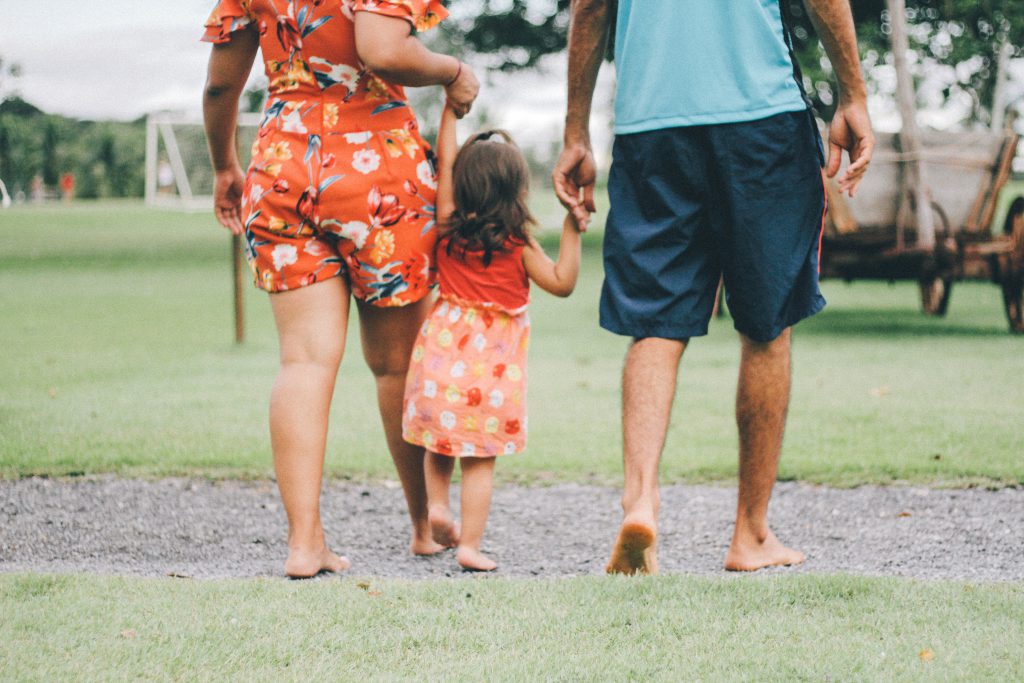
Different cultures have different guidelines for:
- Personal space
- Eye contact
- Facial expressions
- Touch
- Silence
- Discourse
Our culture also influences our expectations for children. One difference between U.S. culture and other world cultures is the U.S. emphasis on individualism. American culture places a high value on independence and individual achievement. Broadly speaking, cultures in Asia or Latin America may instead foster a sense of collectivism. Parents with Asian or Latino cultural backgrounds might communicate with their children differently from American parents—for example, having more multiparty (as opposed to one-on-one) interactions or encouraging children to learn by observing rather than discussing what is happening.
If we value diversity, then why should these potential differences in communication styles matter? Simply put, they matter because our culture shapes our schools. Children of recent immigrants may be better prepared to succeed in American schools if they are familiar with the social communication patterns used in our education system.
Service providers can and should explain this to families so that they understand why they may be asked to practice communication patterns that they may not not used to.
Explore all of our professional development opportunities at the Center for Early Education and Development.
Dr. Stronach outlined the clinical implications for service providers working with diverse families.
- Reducing racial and ethnic health disparities is a national priority
- Clinicians need to be able to differentiate difference from disorder
- Improved detection of early delays leads to earlier intervention
Increasingly, professionals are using routines-based intervention as a best practice. In routines-based intervention, the service provider begins by learning about a family’s existing routines and gathering information about communication patterns and opportunities between caregivers and children. Dr. Stronach stressed the value of observing and listening, keeping in mind that family members are the experts on their family, culture, and child. The provider’s role is to help the family decide how to integrate communication opportunities into their everyday lives.
Thanks to our presenter, participants, and volunteer Kirsten Maxam, and to the Minnesota Department of Education’s Division of Early Childhood Special Education—sponsors of the Summer Institute for the past 36 years. Check back for lots more from Summer Institute 2019!
Sources:
Elizabeth D. Peña and Christine Fiestas, “Talking Across Cultures in Early Intervention: Finding Common Ground to Meet Children’s Communication Needs.” Perspectives on Communication Disorders and Sciences in Culturally and Linguistically Diverse (CLD) Populations, Oct. 2009. https://doi.org/10.1044/cds16.3.79
Anne van Kleeck, Guiding Parents From Diverse Cultural Backgrounds to Promote Language Skills in Preschoolers With Language Disorders: Two Challenges and Proposed Solutions for Them. Perspectives on Language Learning and Education, Aug. 2013. https://pubs.asha.org/doi/10.1044/lle20.3.78


